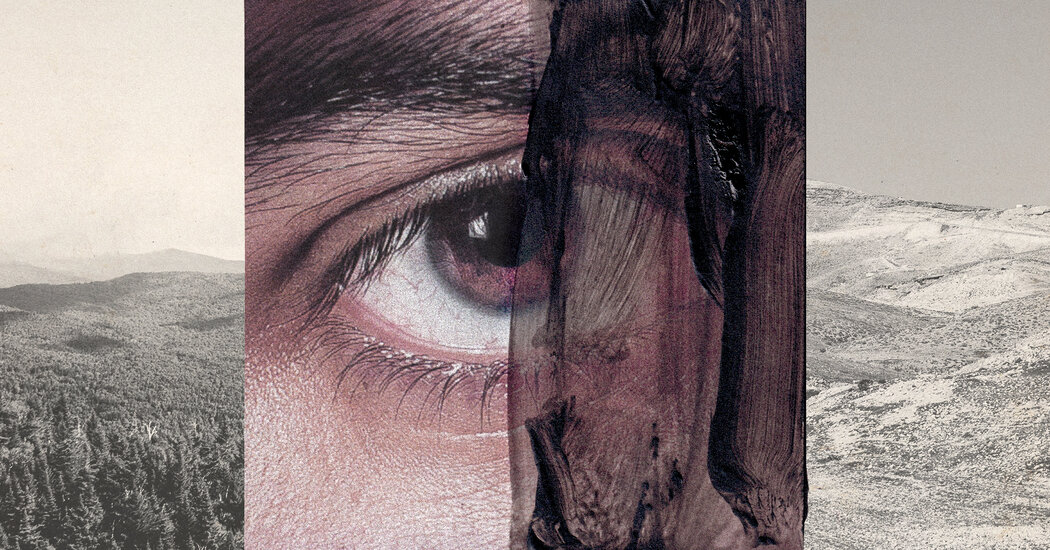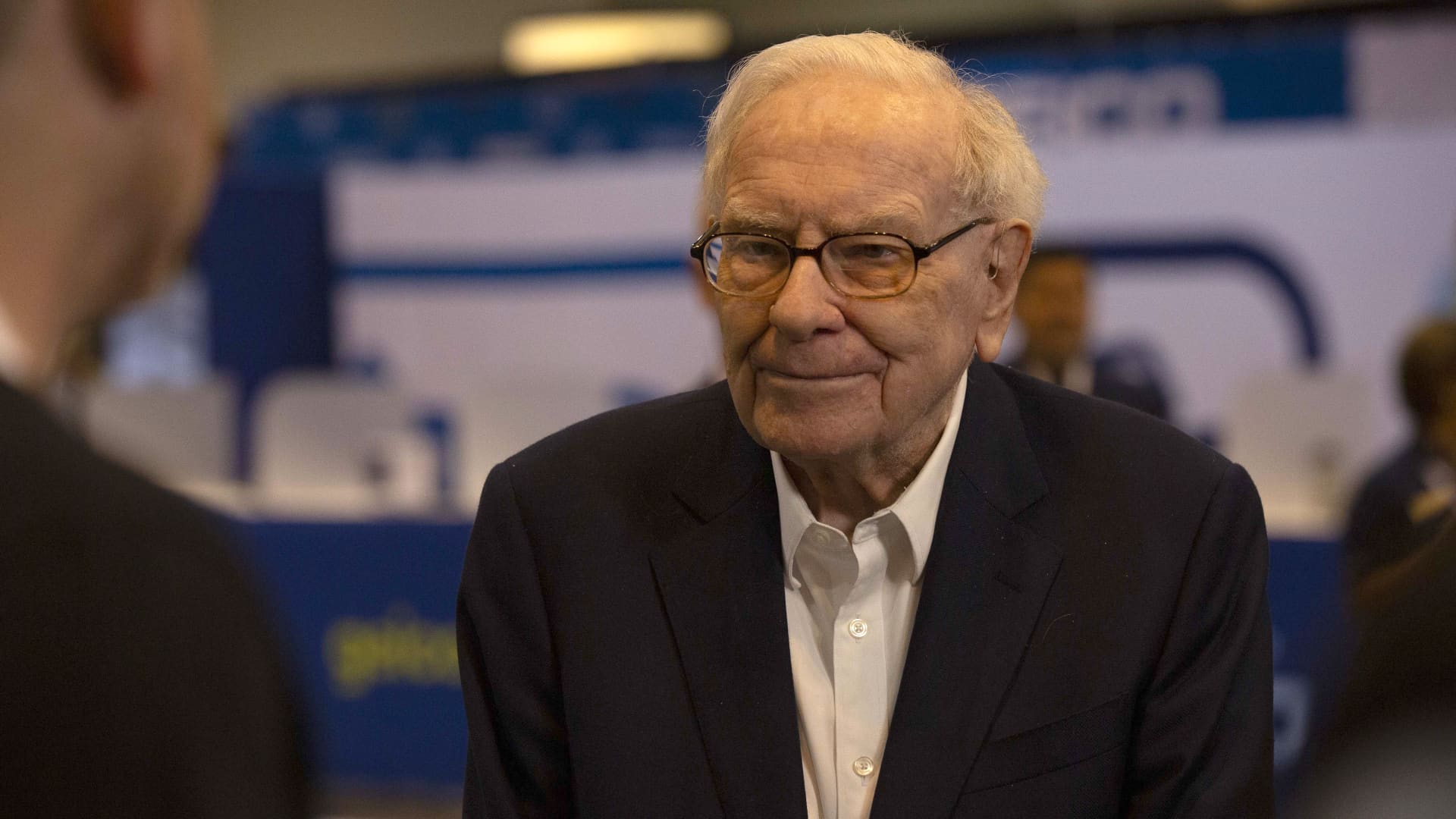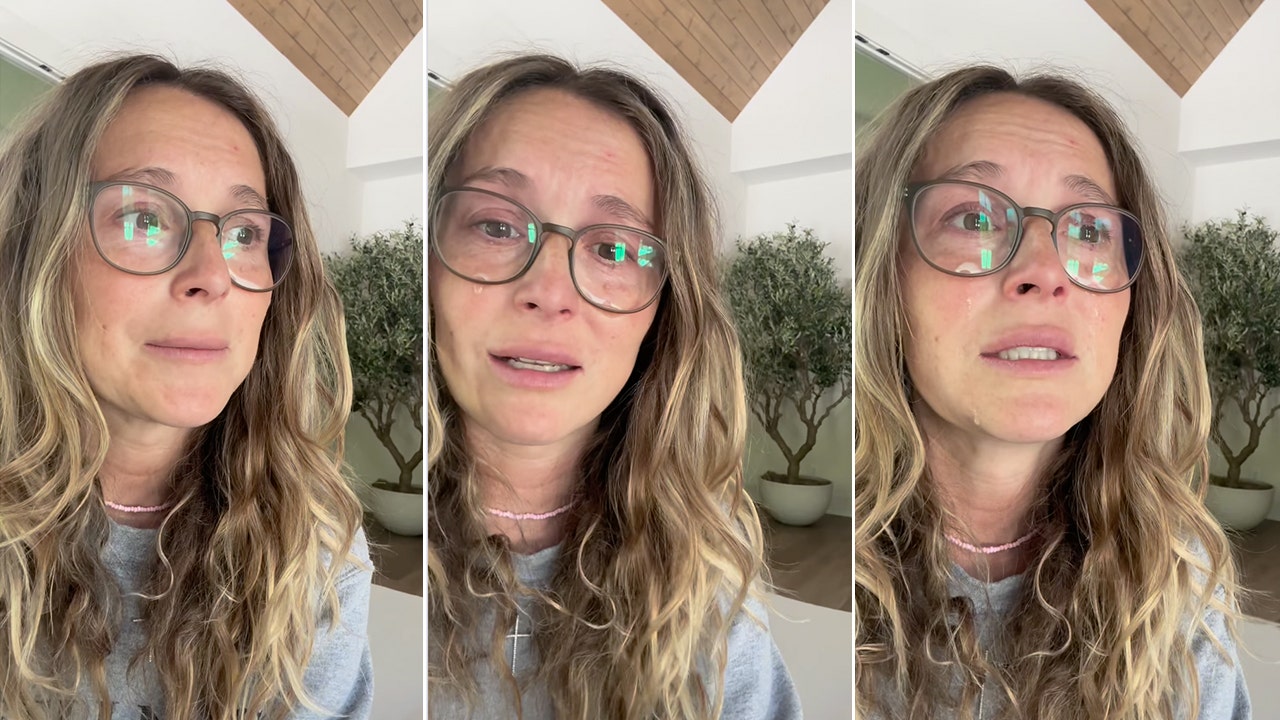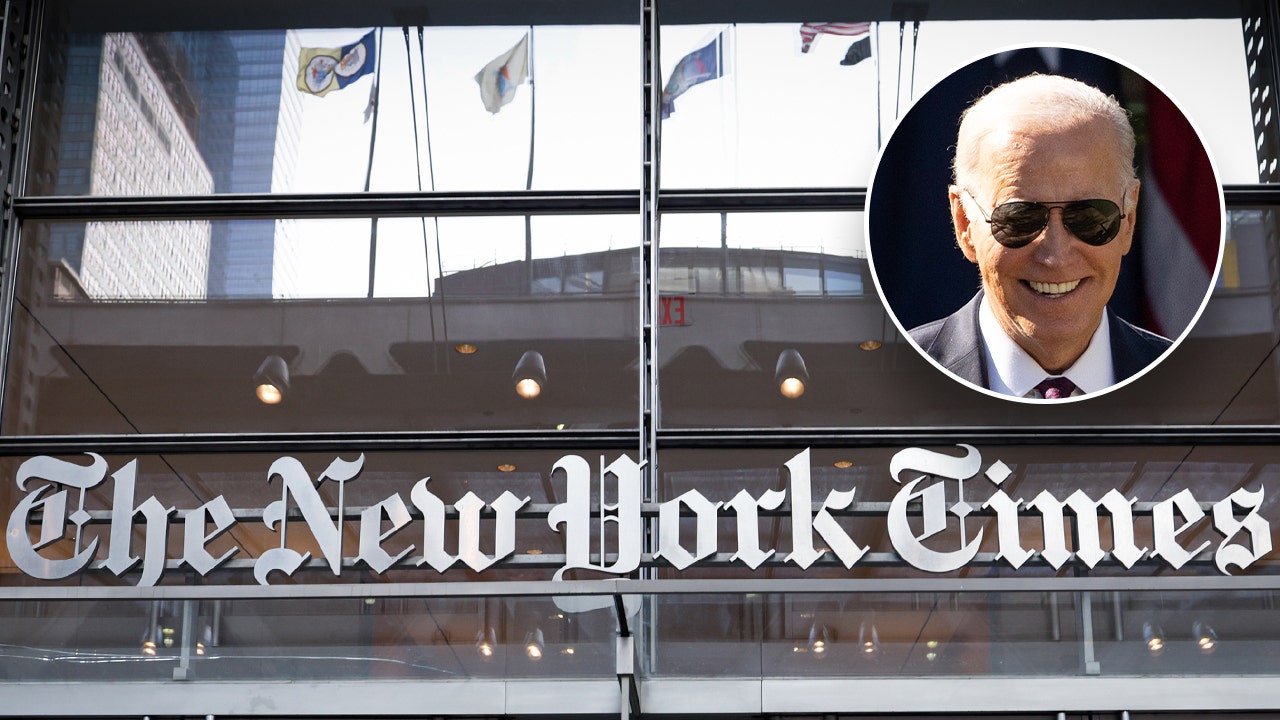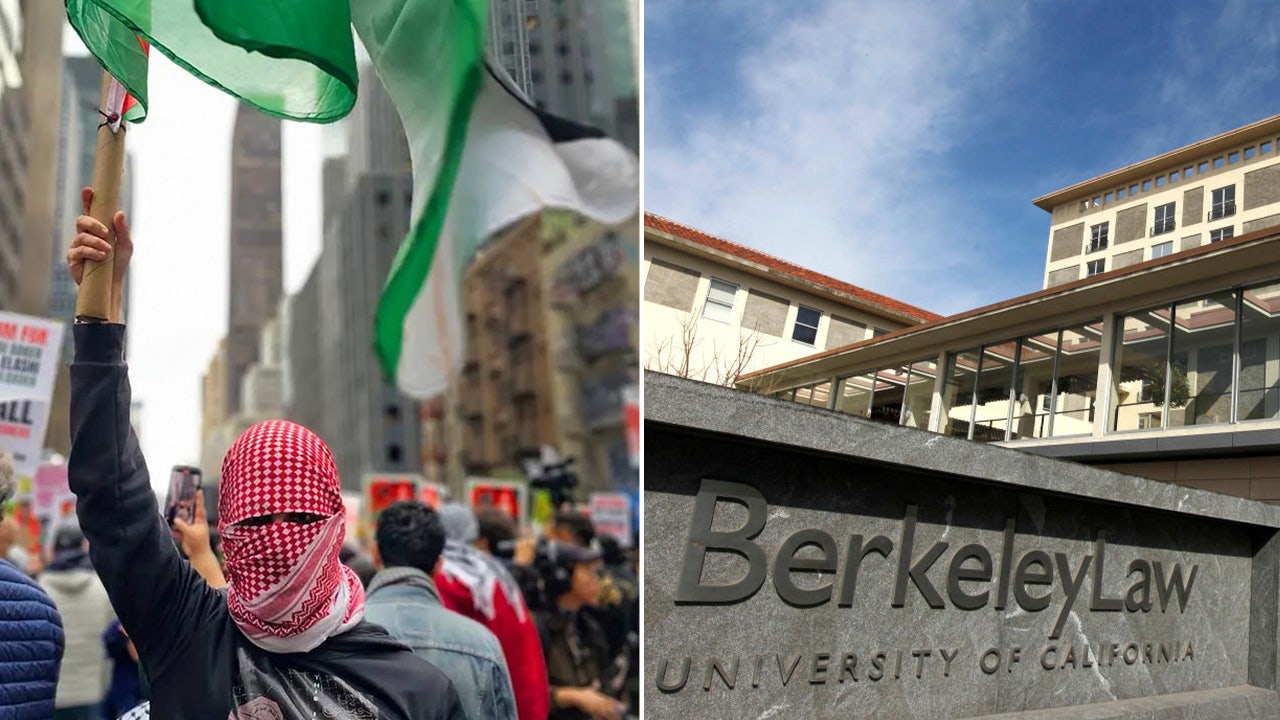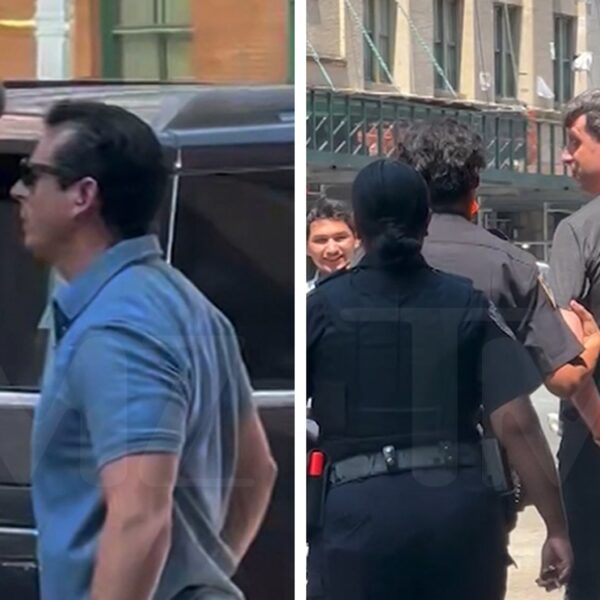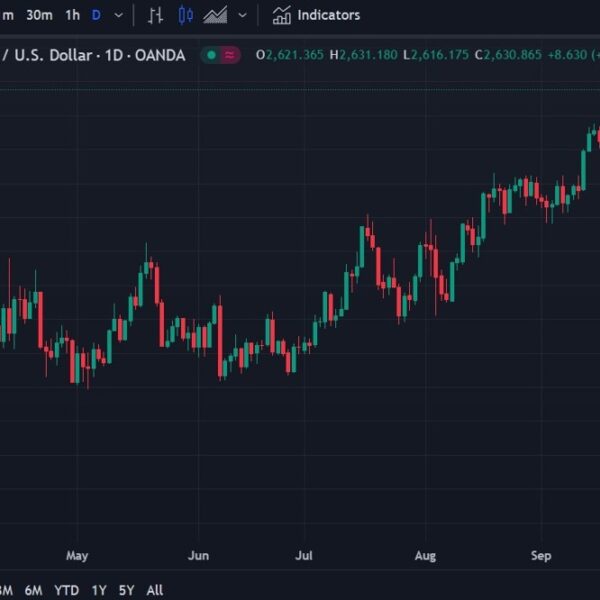It’s a question that has eaten away at me these past months. Was it the shock of such a violent crime in peaceful Vermont? Was it that my friends and I went to well-known American colleges? Did the timing of our shooting during a holiday weekend play a role? I’m sure it did, but to me, the determining factor is the reframing of the crime: Instead of settlements, the Oslo Accords or the intifada, the conversation around our shooting involved terms such as “gun violence,” “hate crimes” and “right-wing extremism.” Instead of being maimed in Arab streets, we were shot in small-town America. Instead of being seen as Palestinians, for once, we were seen as people.
Death and dehumanization are status quo for Palestinians. We grow used to being funneled through checkpoints and strip-searched, assault rifles trained on us all the while. The result is a constant existential calculus: If an unarmed autistic man, an 8-year-old boy and a journalist wearing a vest emblazoned “Press” could be perceived to be such a threat that they were shot dead, then I must accept that by existing as a Palestinian, I am a legitimate target.
This dynamic was so ubiquitous to me that I could not quite put it into words until I left the West Bank to attend college in the United States. My classes gave me the vocabulary to understand dehumanization, the portrayal of the colonized as a violent primitive. I realized that the infrastructure of the occupation — the checkpoints, the detentions, the armed settlers encroaching — is built around the violence I am assumed to be capable of, not who I am.
This system of othering — Israeli-only roads, fenced-off settlements, the “security” wall — is an inherent part of the Israeli state psyche. Yet far from ensuring Israelis’ safety, it instead inflicts mass humiliation on Palestinians. Close to half of the Palestinians alive today were born after the violence of the second intifada, and have interacted with Israelis only in the confines of the security apparatus built in its wake. The military apparatus in my home in the West Bank is a judge, jury and executioner. While settlers in the West Bank are subject to Israeli civilian law, Palestinians are subject to military law. It is as if we are all already combatants.
The dehumanization we face is twofold: Beyond the day-to-day aspects of our lives, it permeates the media coverage of what we experience. In the news, our militancy is presumed, our killers unnamed, and our deaths repackaged into statistics. Somehow, we die without being killed. The very veracity of our deaths is called into question. The extent of the civilian death toll in Gaza should not come as a surprise when Israel’s defense minister, Yoav Gallant, can speak unchecked of “human animals.”

